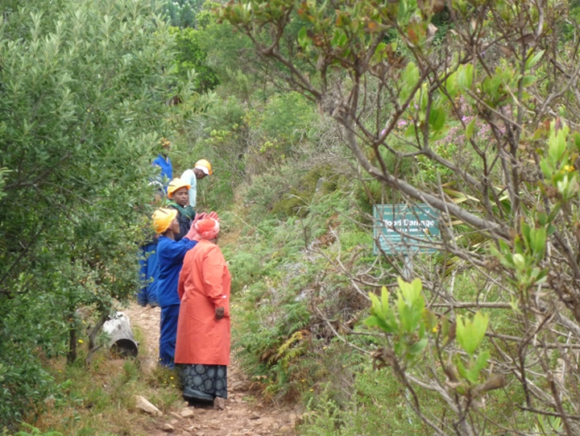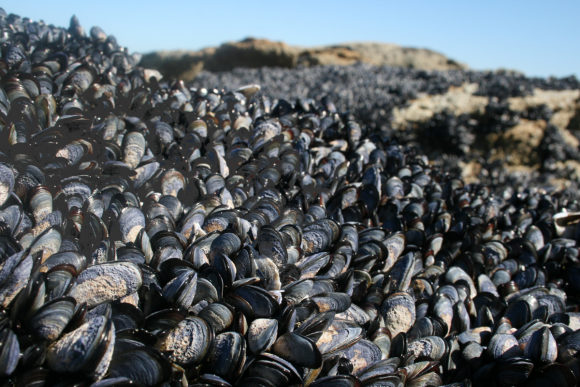South Africa is world renowned as a leader in the science and management of biological invasions, but has been lagging behind in one key area—eradication. As of 2010 South Africa had ~8750 introduced plant taxa, 660 recorded as naturalised, 198 included in invasive species legislation, but only 64 subjected to regular control. There is only one documented example of a successful eradication programme in continental South Africa – against the Mediterranean snail (Otala punctata) in Cape Town.
In a review article published in the South African Journal of Science, C·I·B core team member John Wilson and colleagues describe the successes of a unit launched to combat the threats posed by future invaders. The unit, established in 2008, is designed to (1) detect and document new invasions, (2) provide reliable and transparent post-border risk assessments and (3) provide the cross-institutional coordination needed to successfully implement national eradication plans.
The South African National Biodiversity Institute’s Invasive Species Programme (SANBI ISP) assesses the risks posed by introduced species, and, where desirable, eradicates species before they cause problems. SANBI ISP, funded by the Working for Water Progamme of the Department of Environmental Affairs, plays a leading role in South Africa’s national biosecurity, helping protect our economy and natural resources. The unit has staff working across all nine provinces with a wide range of government organisations, universities, and plant spotter networks. Because threats are detected early, pro-active management operations can be launched, and, if legislation is required, it is based on science.
At the end of 2012, the ISP had an annual budget of R36 million, employed 33 staff, supported 10 postgraduate students, hosted 35 interns (including those as part of a drive to collect DNA barcodes for all invasive taxa) and had created over 50 000 days of work as part of government poverty alleviation programmes. The unit has worked towards full risk assessments for 39 plant taxa and has developed eradication plans for seven species; the unit is now helping implement these plans. By focusing on science-based management and policy, SANBI ISP can play a leading role in preventing introduced species from becoming widespread invaders.
Read the paper
For more information, contact John Wilson at jrwilson@sun.ac.za or SANBI ISP directly alienplants@sanbi.org.za
Related links




